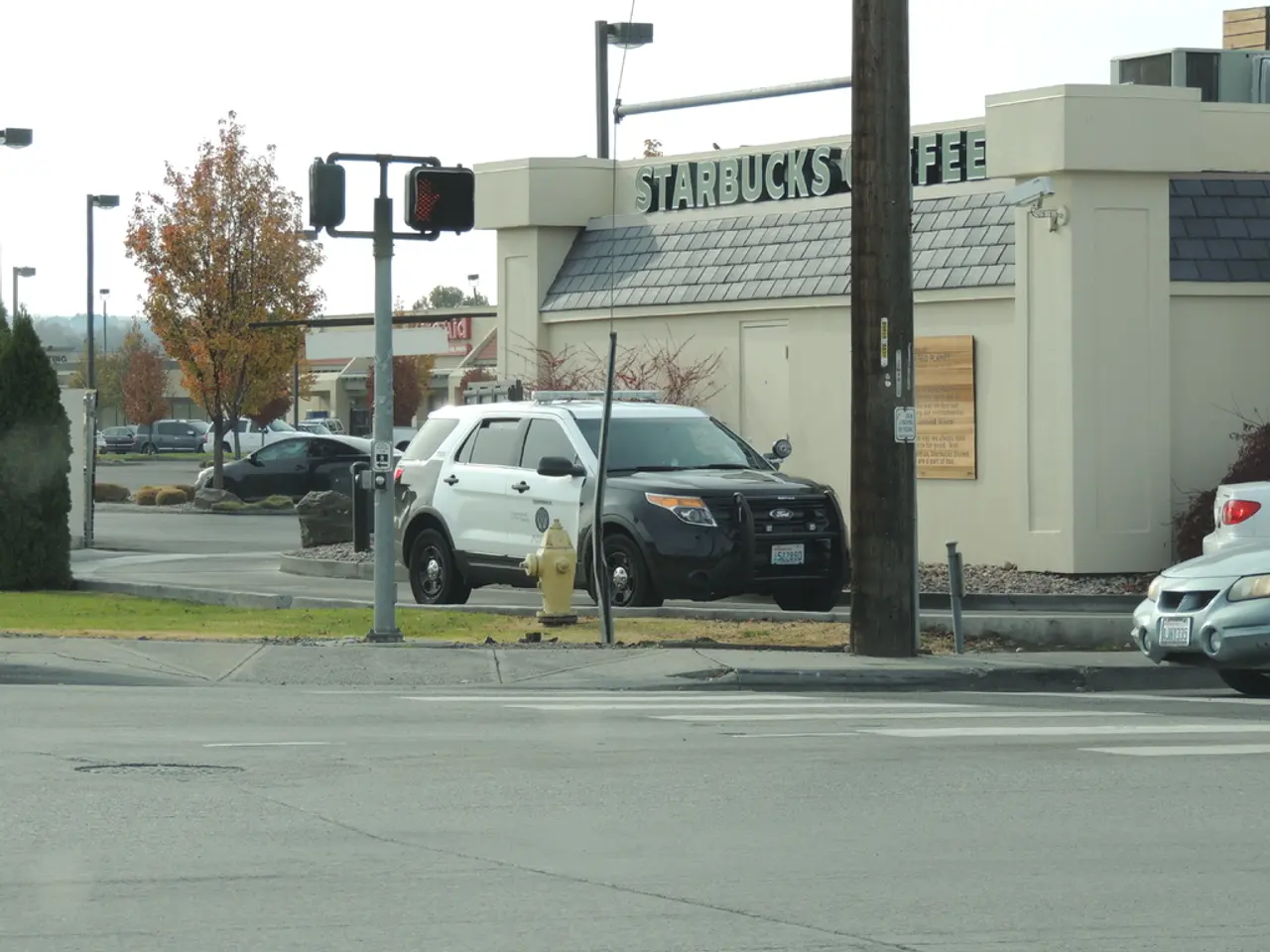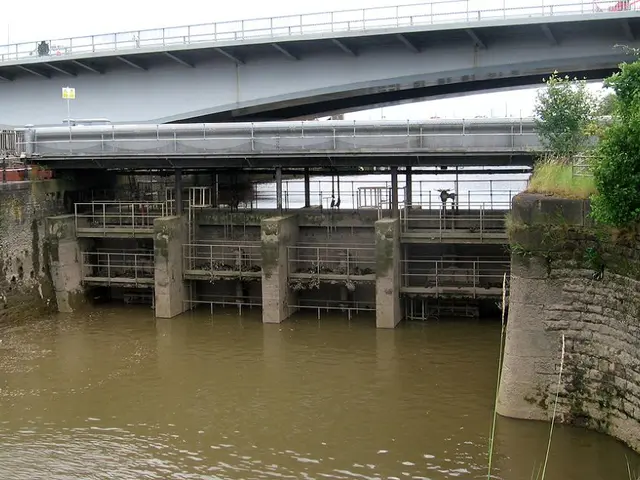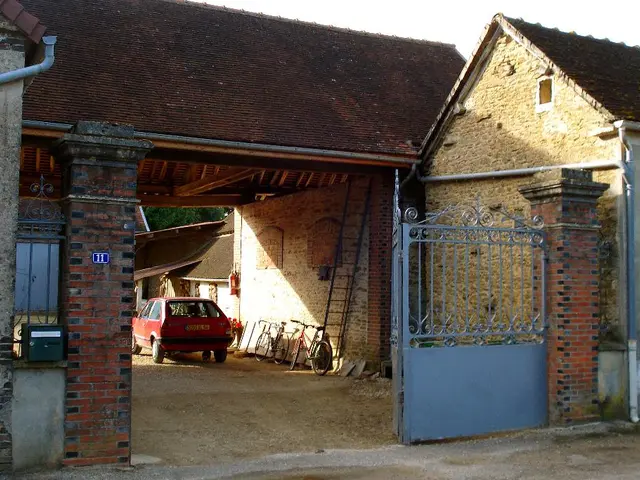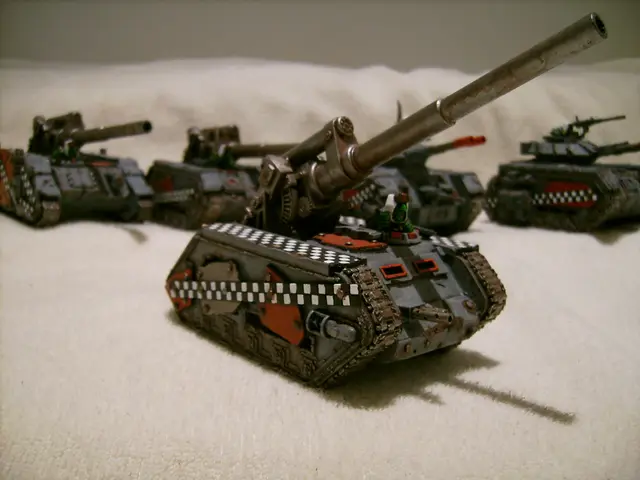Europe's transportation stays active with trucks and buses, as stated by Harald Seidel!
In a significant stride towards climate protection, truck and bus manufacturers have set a goal to make all new vehicles they sell fossil-free by 2040. This ambitious target comes as these vehicles transport approximately 80% of goods by land, driving over 12 times the annual distance of an average car, with a long-haul truck covering up to 150,000 kilometres each year.
The transition to climate-neutral mobility is not without its challenges. For truck and bus operators to embrace this change, favourable conditions are essential. These include strong financial incentives such as high subsidies for electric vehicle conversions and charging infrastructure, leasing models that reduce rental rates, accessible promotion of alternative drives like electric and hydrogen vehicles, and the expansion and modernization of public transport infrastructure.
In the business-to-business environment, keeping trucks moving is a top priority. For transport operators to earn money with zero-emission trucks and have the means to charge or refuel them, regardless of their destination, is crucial. Perishable goods transported by truck can suffer significant financial and potentially physical loss if the truck needs to stop for extended periods.
Europe needs a good industrial strategy and coherent regulations for its truck and bus industry to be sustainable and globally competitive. The EU has agreed on the most ambitious CO2 reduction targets for truck and bus manufacturers worldwide, but policy makers must match these targets with equally ambitious enabling conditions.
The transformation for truck and bus manufacturers is enormous, including the Green Deal, digitalization, and various data legislation. Europe's policy makers need to recognize that vehicles are not the bottleneck in decarbonizing and allow vital industries like the truck and bus industry to thrive.
The total costs of ownership (TCO) of a zero-emission truck are not on par with a diesel one in most cases. Incentives such as purchase and tax schemes, carbon pricing measures, etc., are needed to change this. Buses account for the majority of public transport journeys in the EU, and Europe needs a sustainable and competitive vehicle industry to support this sector.
Trucks are versatile and have various uses, such as long-haul transportation, garbage collection, crane operation, and firefighting. The business case for truck usage is significantly different from that of cars, with a greater emphasis on efficiency and productivity. An hour not driven by a truck is considered an hour lost.
In conclusion, the journey towards fossil-free trucks and buses by 2040 is a significant step towards climate protection. However, it requires supportive policies, financial incentives, and a shift in mindset within the industry to make this a reality. Europe needs to ensure its vehicle industry is sustainable and globally competitive to meet this challenge.
Read also:
- Gambling establishments issue warnings about potential hip and knee injuries due to risky activities
- Overnight Sanitization at Gujarat Hospital Before Prime Minister's Arrival Following Bridge Disaster
- EU's net zero future is potentially in jeopardy?
- Implementation Underway for a New Equal Treatment Regulation in Social Security for Men and Women by the Commission








